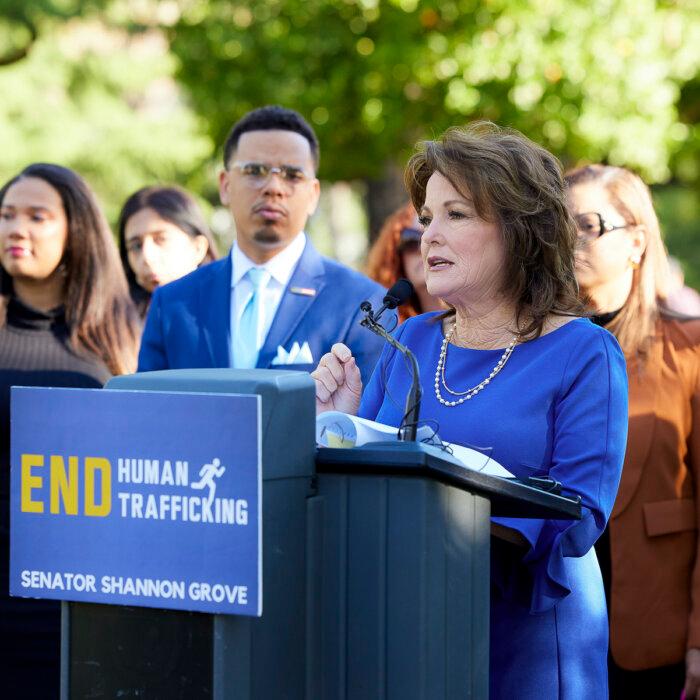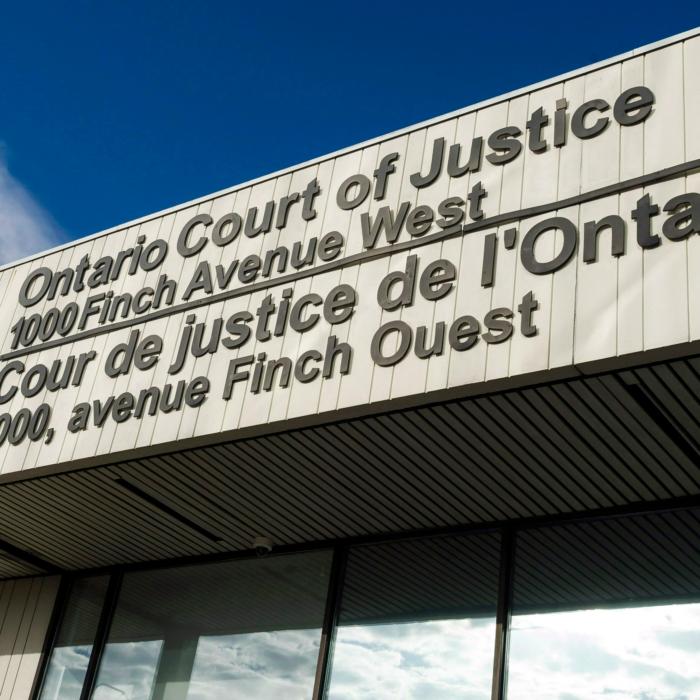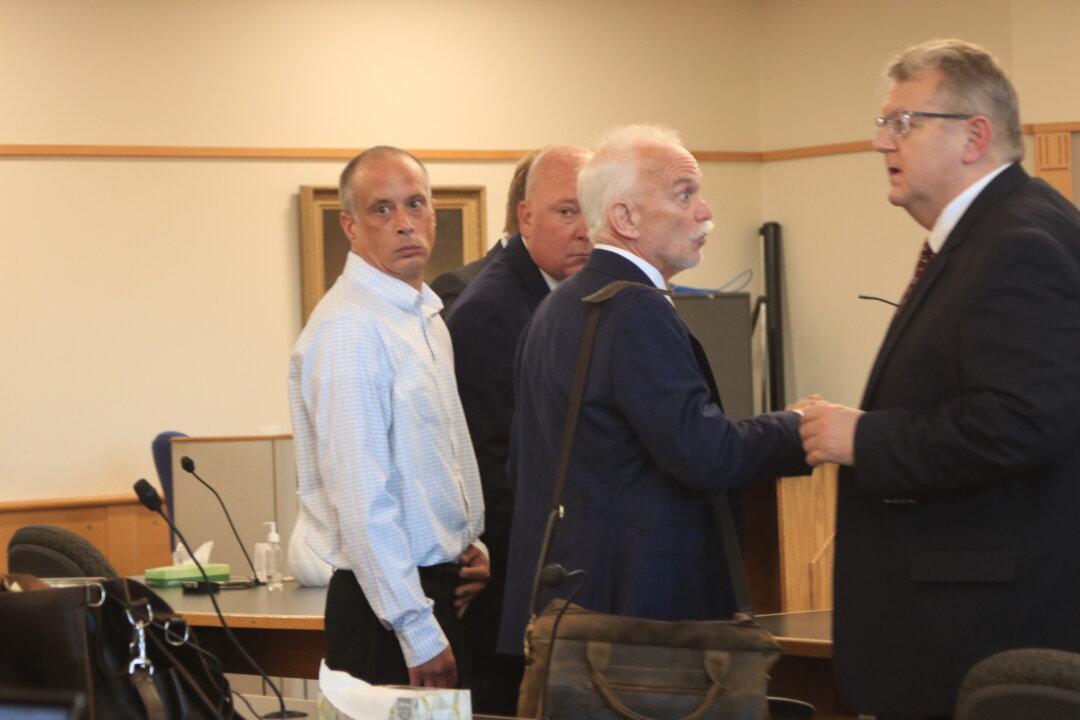A ban on a kind of court-ordered therapy that’s often used across the nation in lieu of child abuse laws in private custody cases has been signed into law by New Hampshire Republican Gov. Chris Sununu.
It is called “reunification therapy,” and those against it have likened it to brainwashing techniques used in concentration camps, while supporters of the therapy regard it as a way to mend a strained relationship between a child and an estranged parent.
Richard Ducote, a former district attorney and Supreme Court appellate litigator who has represented dozens of parents nationwide whose children have been forced to undergo the court-ordered therapy, told The Epoch Times that the therapy is “junk science turned into a cash cow.”
“The mental health professionals have figured out there’s gold in those hills of child custody cases,” Mr. Ducote said. “New Hampshire should be commended for taking this critical step in the right direction to protect kids from these abuses.”
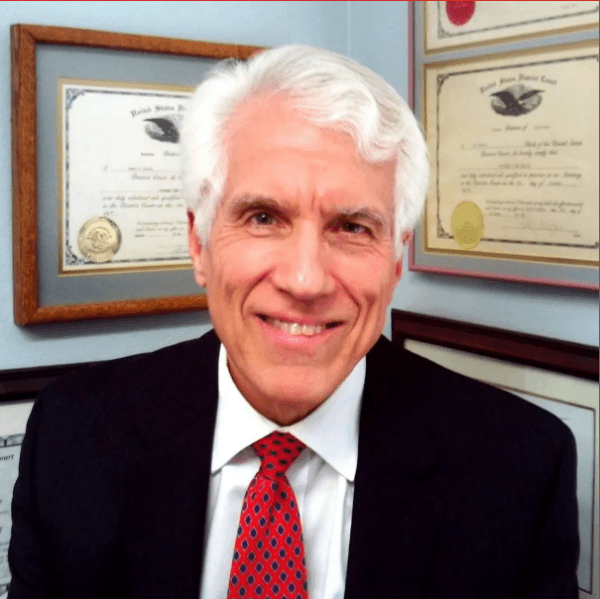
So far, Arizona, Colorado, California, Tennessee, and Utah also have outlawed reunification therapy.
Several organizations have spoken against the practice, including the National Council of Juvenile and Family Court Judges and the Foundation for Child Victims of the Family Courts.
As outlined by the groups and others, under the therapy, children—often forced against their will—are ordered to undergo a “reunification” program as part of a custody award to a parent who is alleged to have abused the children or has already been criminally convicted of abusing them.
As part of the program, the child is isolated from one parent, often termed the “preferred parent” of the child.
State Rep. Leah Cushman, a Republican, one of several lawmakers to sponsor the bipartisan legislation to ban the therapy, told The Epoch Times that she heard from many parents who said their children were traumatized by the therapy and that often they were denied the right to present evidence of the abuse before the therapy was ordered.
“Reunification therapy often results in the forced interactions between children and adults who have been estranged for one reason or another, often that reason being abuse [missed by judges],” Ms. Cushman told The Epoch Times.
“So in those cases, a child is being repeatedly forced to see their abuser despite a lack of evidence that this therapy provides any benefit for the child.”

While The Epoch Times contacted several supporters of court-ordered reunification therapy, only one responded, Joan Teresa Kloth-Zanard, who said she wasn’t doing interviews at the time. Ms. Kloth-Zanard describes herself as an expert and consultant in custodial interference in comments she posted online in opposition to the New Hampshire ban of court-ordered reunification order.
She said reunification therapy often has to be forced by the courts in custody disputes because the “preferred parent” has alienated the child from what she called the “targeted parent.” She said typically the child has been coerced by one parent to not want to have contact with the other parent.
“In order for this process to [heal] the children’s relationship with the targeted parent, that parent must have temporary sole custody of the child,” Ms. Kloth-Zanard wrote. “It is the only way to ensure that the children have a fighting chance to rekindle the relationship without the other parent and their entourage impeding.”
Organizations such as the Center for Judicial Excellence and the National Safe Parents Organization have documented more than 500 cases of children murdered after a family court judge forced them into a relationship with a parent with either a history of documented abuse or abuse allegations against them.
Om’s Law in Utah, which bans reunification therapy in the state, was named after 16-year-old Om Moses Gandhi, who was killed by his father in a murder-suicide carried out on Mother’s Day, after a judge awarded full custody to the father, despite the teen’s request for a protective order against his father.
Missouri attorney Evita Tolu is currently representing a mother whose 14-year-old daughter, Mikaela, hanged herself after a family court judge ordered her to undergo reunification therapy with her father, who admitted to raping her older sister, court transcripts show. The father was eventually convicted and was serving a prison sentence when the court ordered the reunification therapy.
While Mikaela had reported to a court-appointed child advocate that her father had molested her, the girl’s claim was ignored by the court, and a judge ordered the therapy as part of custody plan to force reunification between the girl and her father.
“They should be applying child abuse laws to protect these kids, not forcing them to live with someone who has committed unspeakable crimes against them, in the name of biology,” Ms. Tolu told The Epoch Times.
In an April statement, a group founded by Ms. Kloth-Zanard called Parental Alienation Support & Intervention stated: “Reunification is not the problem. Poor judges are!”
“When a bad judge ignores evidence of true abuse convictions, this is not a failure of reunification therapy,” the statement reads. “This is a failure of the court system to have oversight on family court judges. This does not mean that reunification therapy should be banned. Quite the reverse. It means that judges need to be held accountable for violating due process violations.”
Mr. Ducote said it would be next to impossible to sue judges or hold them accountable because they have judicial immunity. The real answer, he said, is suing therapists who are willing to inflict such harm on children for money.
State lawmakers pointed out that in New Hampshire, holding judges accountable for bad custody orders is even more challenging because they have an extra layer of protection under two unusual court rules the courts granted themselves that allow judges to waive rules of evidence in family court proceedings.
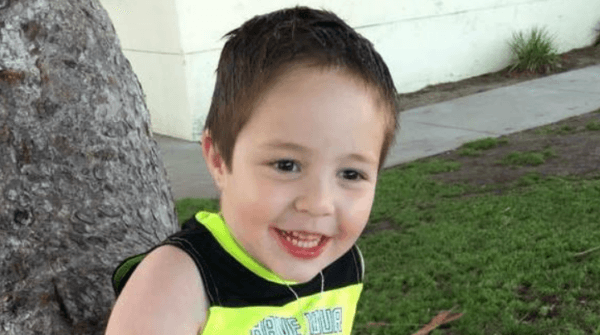
Danielle Pollack, policy manager at the National Family Violence Law Center at George Washington University, told The Epoch Times that case studies show that reunification therapy not only is ineffective but also is harmful and poses long-term emotional consequences.
“Many youth have come out of these court-ordered ’reunification' programs extremely traumatized, and some have stated that they are scared to ever go to any therapy after this experience,” she said.
“Coercion is not a valid, reliable, or ethical technique to employ in the pursuit of treating anyone—and certainly not for vulnerable children who have disclosed abuse.”
Ms. Pollack is part of a national campaign to pass Kayden’s Law, federal legislation that seeks to reform family courts, including passing legislation that would prohibit family courts from ordering unproven reunification programs.
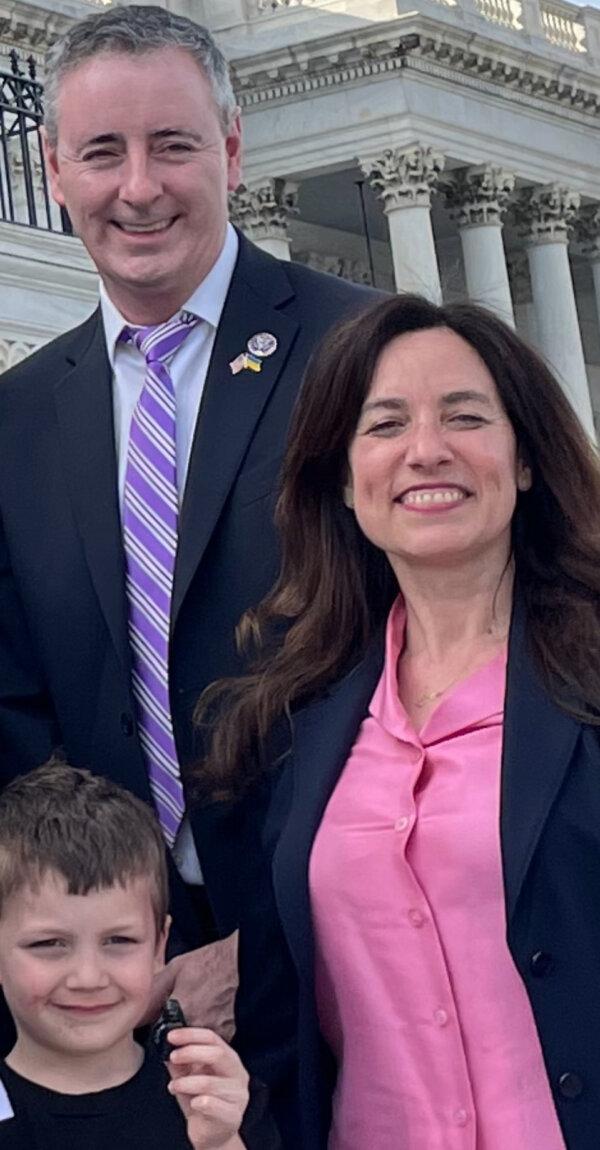
According to Ms. Pollack, some children forced into reunification therapy have reported that they were told they would be sent to foster care or that their preferred parent would be jailed if they continued to resist the forced contact with the other parent.
The law is named after 7-year-old Kayden Mancuso, whose father killed her in 2018 by beating her over the head with dumbbells and then placing a plastic bag over her head. He then killed himself.
The incident occurred after a family court judge gave him shared custody despite warnings from Kayden’s mother that she would be in danger around him.
In addition to the physical and emotional implications of reunification therapy, parents are often financially ravaged by court-ordered therapy, which they must pay for out of pocket because insurance companies don’t recognize reunification therapy as a valid treatment.
A review of rates posted by reunification therapists shows that it costs an average of $200 an hour.
Former New Hampshire Rep. Elizabeth Gay, who has been actively advocating the ban of reunification therapy for years in New Hampshire, said she knows of at least one case in New Hampshire in which a parent paid out more than $100,000 after being given an ultimatum to either comply with a court order that her children undergo reunification therapy or lose custody of them.
Over the past couple of years, several videos have gone viral on social media of children, some as old as 17, being physically forced against their will by what are called transporters to go to reunification camps where they are isolated from their preferred parents.
The court-ordered camps exist across the United States.
In a video, Linda Gottlieb, owner of Turning Points for Families, a New York-based provider of reunification services that operates nationwide, says that reunification programs give children a chance to have a relationship that they want to have deep down.
“It’s really counterintuitive,” she said. “The child really didn’t mean it when they say they don’t ever want to see their parent again.”
Ms. Gottlieb didn’t respond to inquiries from The Epoch Times.


